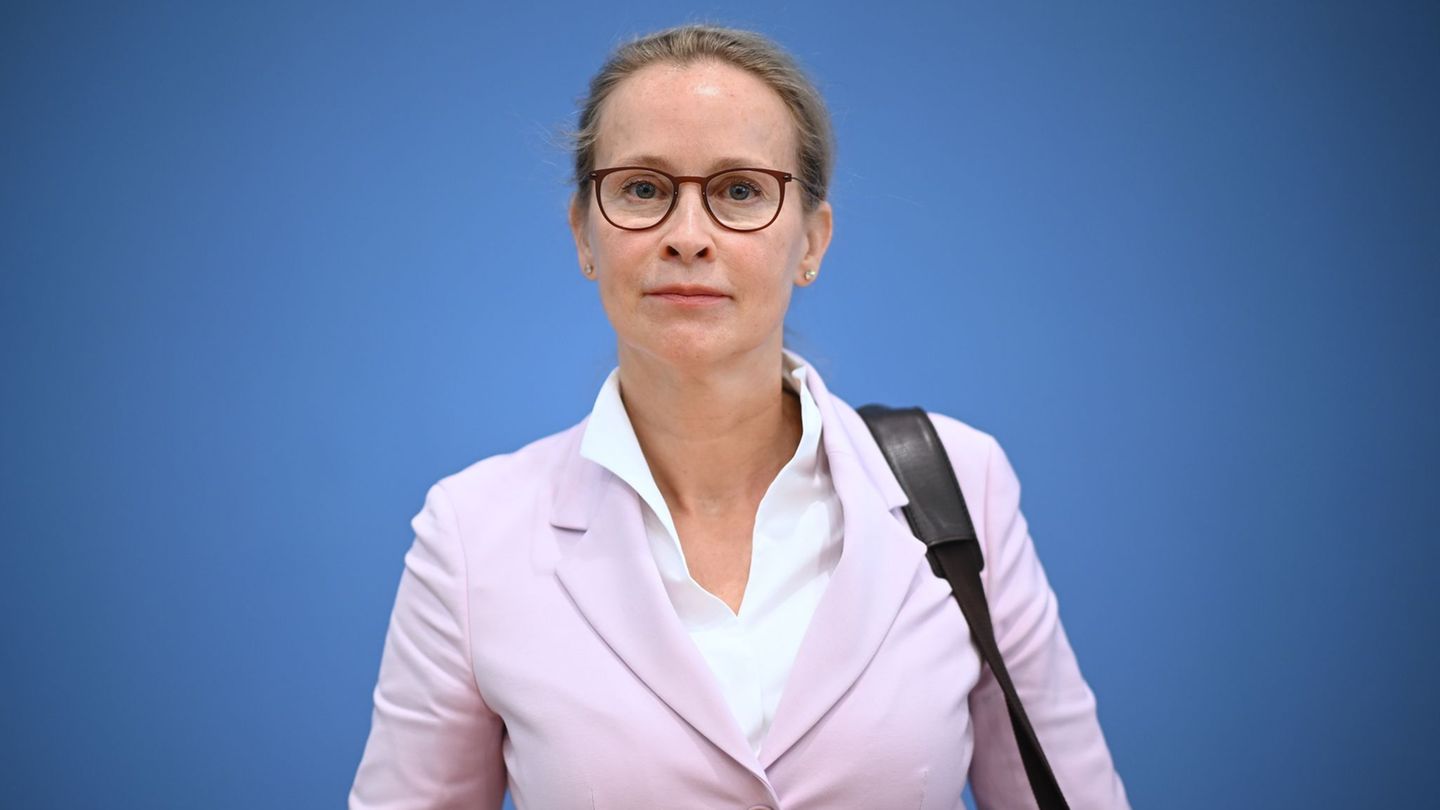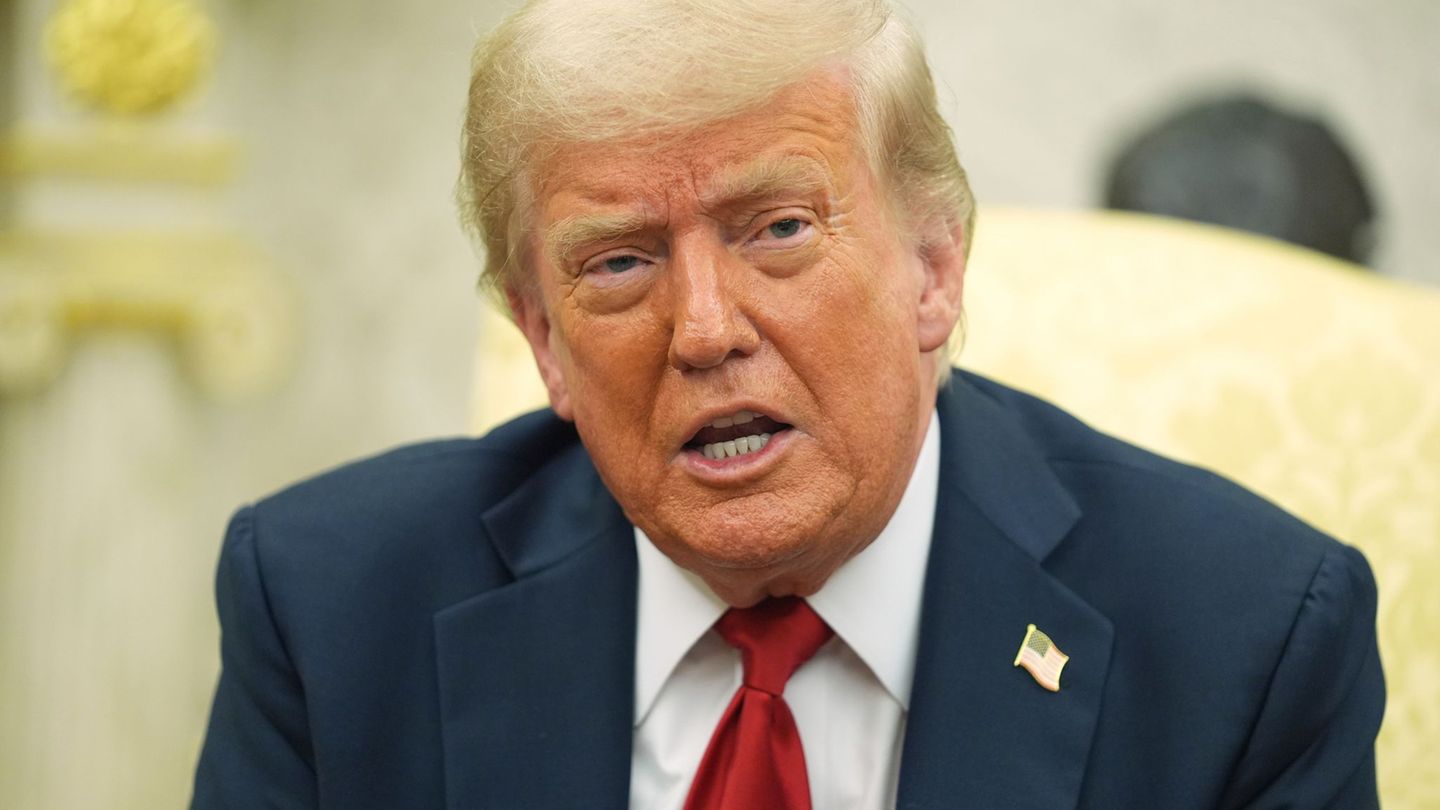Energy prices are rising drastically. The government is preparing a relief package. But what could be in there – and for whom?
The increased energy prices are increasing the pressure on the traffic light coalition to initiate comprehensive relief. A heating subsidy for low-income households and many students and trainees has been approved so far.
But that’s not nearly enough, criticized Michael Vassiliadis, head of the energy union IG BCE, for example: “What we need is a relief package for the general public.”
It is also about the acceptance of the efforts for more climate protection, can be heard from the coalition. This Friday, the Bundestag debates energy prices, among other things, the Union faction presented an application. The president of the social association VdK, Verena Bentele, said that the enormous price increases in recent months are a “huge problem” for low earners and people who depend on basic security. “These people therefore need relief quickly.” These measures are under debate:
Earlier abolition of the EEG surcharge
There is consensus in the coalition that the EEG levy to promote green electricity via the electricity bill should be abolished earlier than planned, if possible by the middle of the year – the costs will then be borne by the federal budget. This step was previously planned for January 1, 2023. Legal obligations are intended to ensure that energy suppliers also pass on the relief to consumers. Economics and Climate Protection Minister Robert Habeck (Greens) said that the abolition of the levy on the electricity bill would only dampen the rise in energy prices.
Lower VAT
The CDU/CSU parliamentary group, among others, proposes reducing the VAT on electricity, gas and district heating for the years 2022 and 2023 to the reduced rate of seven percent. Finance Minister Christian Lindner (FDP), however, said recently that he was skeptical about temporary tax relief – because a return to the old rate could have an inflationary effect.
Higher commuter allowance
Lindner, on the other hand, was open to a higher commuter allowance. But the federal states would also have to take such a step. The Union demands that the flat rate should be increased to 0.38 euros per kilometer and “dynamically” further developed depending on the applicable CO2 price. The IG BCE union is proposing an increase to 40 cents per kilometer for the 2022 tax year. The flat rate is currently 30 cents up to the 20th kilometer and 35 cents from the 21st kilometer. A higher commuter allowance is controversial, especially among the Greens.
Immediate child supplement
An immediate child supplement for families is also being discussed in the traffic light. VdK President Bentele said: “Regardless of this, a quick immediate child supplement is absolutely necessary in order to relieve families who hardly have any money anyway and to better support their children.” However, it is unclear when such a surcharge is to be paid out, to whom and how high it could be.
energy checks
The energy union IG BCE brought energy checks into play. A one-person household can get 150 euros once, a two-person household 250 euros – plus 50 euros more for each additional person living in the same household. The energy check should be paid out to people who earn less than around 42,000 euros gross a year, this is the current so-called median wage.
Distribution of CO2 heating costs
So far, the tenants alone have to bear the heating cost surcharge due to the CO2 price, which is now to be regulated anew. The Ministry for Economic Affairs and Climate Protection has developed a graduated model: The worse a building is insulated and the older the heating system, for example, the higher the CO2 burden should be for the landlord and the greater the relief for tenants. Tenants should not pay more than half of the costs for CO2 pricing across all rented buildings. However, the FDP has already called for improvements.
climate bonus
The CO2 price for refueling and heating will rise steadily in the coming years. During the election campaign, the Greens campaigned for the income to be returned directly to the citizens via energy money. It’s about a total of many billions of euros. The coalition agreement between the SPD, Greens and FDP states that a “social compensation mechanism” should be developed – this is also called climate money. When it will come and how it will be implemented is open.
Above all, the type of payment is considered complex. It is controversial in the traffic light whether there should be a per capita reimbursement or a staggering according to income brackets, as SPD politicians want, for example. An alliance of environmental and social organizations as well as churches called for a payment per capita. Possible payment methods would be, for example, the payroll tax statement, the transfer of statutory pensions, the payment of basic security and the annual tax return.
Source: Stern
Jane Stock is a technology author, who has written for 24 Hours World. She writes about the latest in technology news and trends, and is always on the lookout for new and innovative ways to improve his audience’s experience.




